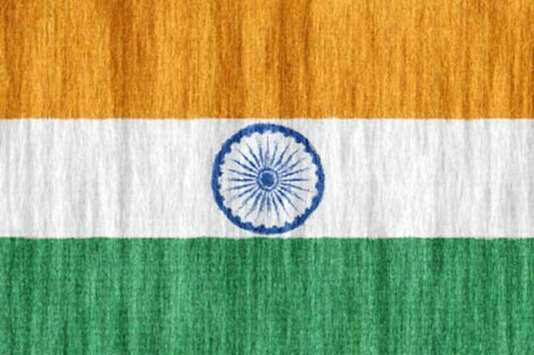The Aadhaar system uses fingerprints and iris scans to provide users a 12-digit unique identity number they can use to access government and other services.
It was intended as a voluntary programme to reduce official corruption in the payment of subsidies and other aid programmes.
But critics say its growing use for everything from banking to mobile phone contracts has effectively made it compulsory, violating citizens’ right to privacy.
Numerous challenges to the scheme have come before the top court, which said last year it would set up a special panel to rule on the legality of the scheme.
It follows a landmark ruling by the court last year recognising privacy as a fundamental right.
In their introduction to the court yesterday, a host of petitioners led by ex-army officer S G Vombatkere, social activists Bezwada Wilson and Kalyani Menon Sen challenged the scheme saying it was “reminiscent of totalitarian regimes”.
“Every basic facility is linked to Aadhaar and one cannot live in society without an Aadhaar number,” they said.
“If the Aadhaar Act and programme is allowed to operate unimpeded it will hollow out the Constitution, particularly the great rights and liberties it assures to citizens,” Shyam Divan, appearing for the petitioners, told the court.
Divan said that the Aadhaar “electronic leash” is “connected to a central data base that is designed to track transactions across the life of the citizen”.
Brushing aside the government’s contention that challenge to Aadhaar was “elitist”, Divan said the question is “whether the Constitution of India allows the State to embrace this new programme or whether the Constitution repudiates this giant electronic mesh”.
In a spate of questions from the bench, Justice D Y Chandrachud asked Divan if the State could not compel the citizens to part with their biometric profile in the larger public interest.
The State could ask for the biometric identification of teachers and students for the implementation of Right to Education Act or for mid-day meal scheme for which millions of rupees are spent.
Divan said the Aadhaar Act was brought as a money bill and pointed to “irregularity of the procedure in passing the law”.
At this the Chief Justice said that the “larger question that emerges here is that once a Bill is introduced as money Bill, can the court question the wisdom of the speaker”.
“Once speaker says that it is a money Bill, then the court should not question the wisdom of the speaker,” said Chief Justice Misra.
At this, senior counsel P Chidambaram said Lok Sabha members can’t question it.
But that does not mean the speaker can certify any Bill as a money Bill.
The hearing will continue today.
Launched in 2009, Aadhaar was meant to operate as a voluntary scheme that would provide identity cards to millions of poor people to make welfare payments easier and curb wastage in public spending.
But in recent years the government has made it compulsory to access a range of services including opening a bank account, paying taxes and even getting benefits such as pensions and scholarships.
Aadhaar critics were given further ammunition earlier this month when a newspaper reporter found that it was possible to buy information in the biometric ID database – the world’s biggest – for a little over Rs500.

